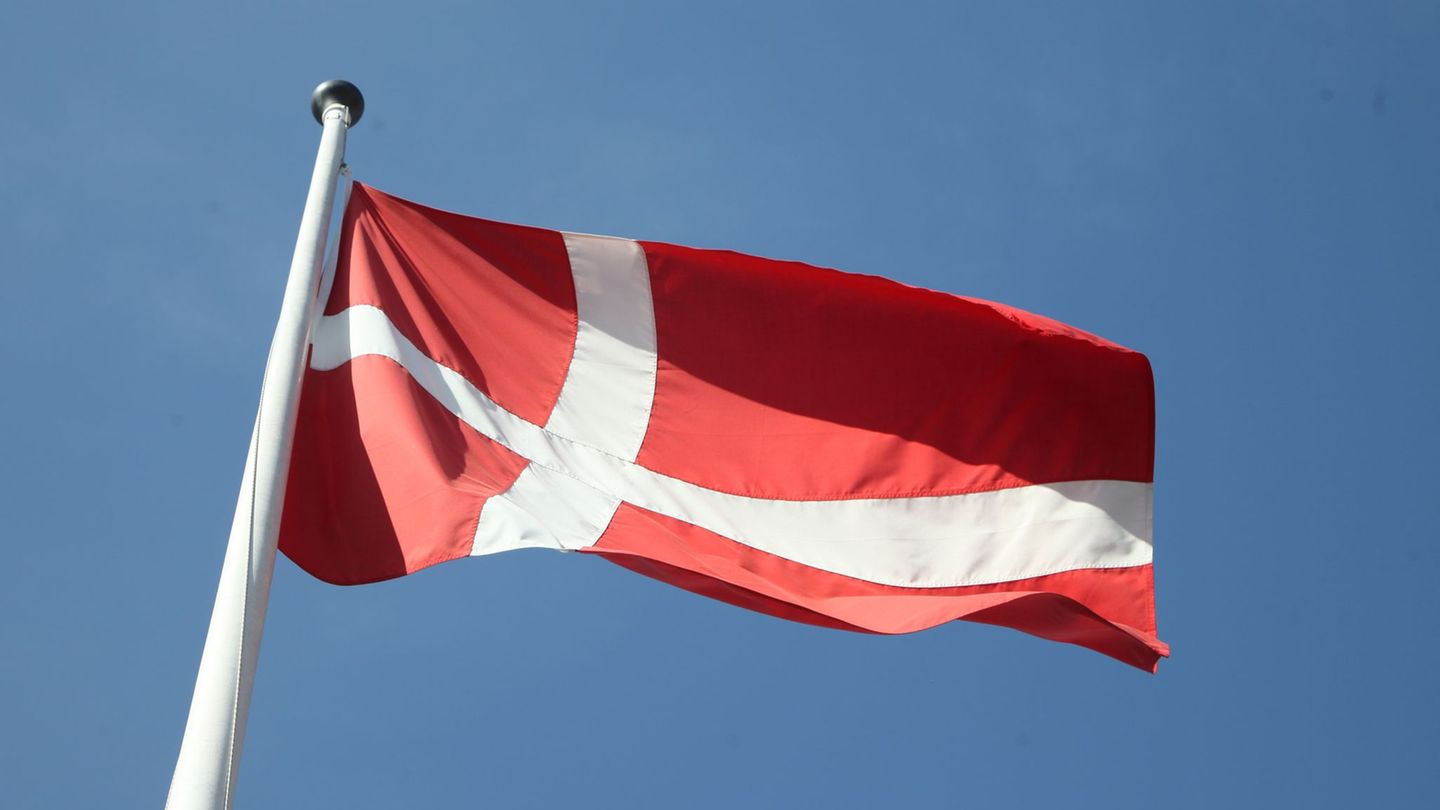The EU Commission is currently working on an amendment for the cultivation of genetically modified plants. In the federal government, the topic makes for contradictory statements.
In the debate about the relaxation of EU regulations for genetically modified plants, the Federal Government has so far not been able to agree on a common position. The Federal Ministry for the Environment, led by the Greens, expressed skepticism, while the Federal Ministry of Research, led by the FDP, signaled fundamental support.
“The efforts of the EU Commission to weaken the risk assessment for plants that are produced with new genomic techniques are going in the wrong direction,” said a spokesman for the Federal Ministry for the Environment when asked by the German Press Agency. At Austria’s request, the topic is on the agenda at the meeting of EU environment ministers this Thursday in Brussels.
According to the announcement, Austria’s climate protection minister Leonore Gewessler said: “Especially for products that can have a variety of effects on people and the environment, a sufficient and balanced scientific basis must be the basis for a new regulation.” She called for well-founded criteria for a risk assessment of the corresponding products of the new genetic engineering.
BUND-Naturschutz supported the attitude of the Ministry of the Environment
The Federal Environment Ministry emphasized that the current broad discussion process on the subject is to be welcomed. It is important that the precautionary principle is observed, that freedom of choice is guaranteed from farmers to consumers and that the coexistence of different cultivation systems is ensured.
On the other hand, the Ministry of Research referred to a statement by house boss Bettina Stark-Watzinger (FDP) from the “Frankfurter Allgemeine Zeitung”: “The rules are outdated and hinder the research and application of new technologies. I am therefore very pleased that the EU Commission has approved this away and we in Germany can start the discussion. Genetic engineering law must become more innovation-friendly and science-based and, in relation to gene editing, also risk-adjusted.”
BUND nature conservation supported the position of the Ministry of the Environment: “The precautionary principle, transparency and freedom of choice must be safeguarded. The BUND also demands that consumers, agriculture and the food industry continue to have a choice,” said Daniela Wannemacher, who is responsible for genetic engineering at the BUND. Genetically modified organisms must continue to be labelled, traceable, properly authorized and checked for risks in the future.
Concrete proposal for the legal text in the middle of the year
The EU Commission is currently working on revising the EU genetic engineering regulations and their consequences. In April 2021, the Commission announced that genetic engineering law should be revised. The EU Commission is expected to publish a concrete proposal for a legal text in June. The EU states and the European Parliament would then have to agree on the project.
At the end of this process, it could be decided to what extent genetic engineering can be used in agriculture – and this would also influence the extent to which genetically modified food ends up on consumers’ plates.
The new possibilities of genetic engineering allowed “the most diverse and really profound changes in the genome,” said the Ministry of the Environment. “Their possible effects have not been researched much in comparison to the possibilities available. Important biodiversity questions in particular, such as the risk of outcrossing in ecosystems that may be stressed by climate change, are still unanswered and require further research.”
It went on to say: EU law offers a good basis for systematically analyzing the risks, ensuring the traceability of genetically modified organisms in nature and freedom of choice for consumers, but also for the food industry and farmers.
“There must be no compromises. This is the only way to ensure that the plants that come onto the market are also safe for people and nature.” The Federal Environment Ministry is therefore committed to an approval process that adheres to the precautionary principle. “Germany and Europe need an agriculture that works with nature and not against it.”
Supporters of relaxed regulations for growing GM crops emphasize that the new GM crops are a solution to the challenges facing agriculture posed by climate change.
Source: Stern
I have been working in the news industry for over 6 years, first as a reporter and now as an editor. I have covered politics extensively, and my work has appeared in major newspapers and online news outlets around the world. In addition to my writing, I also contribute regularly to 24 Hours World.




